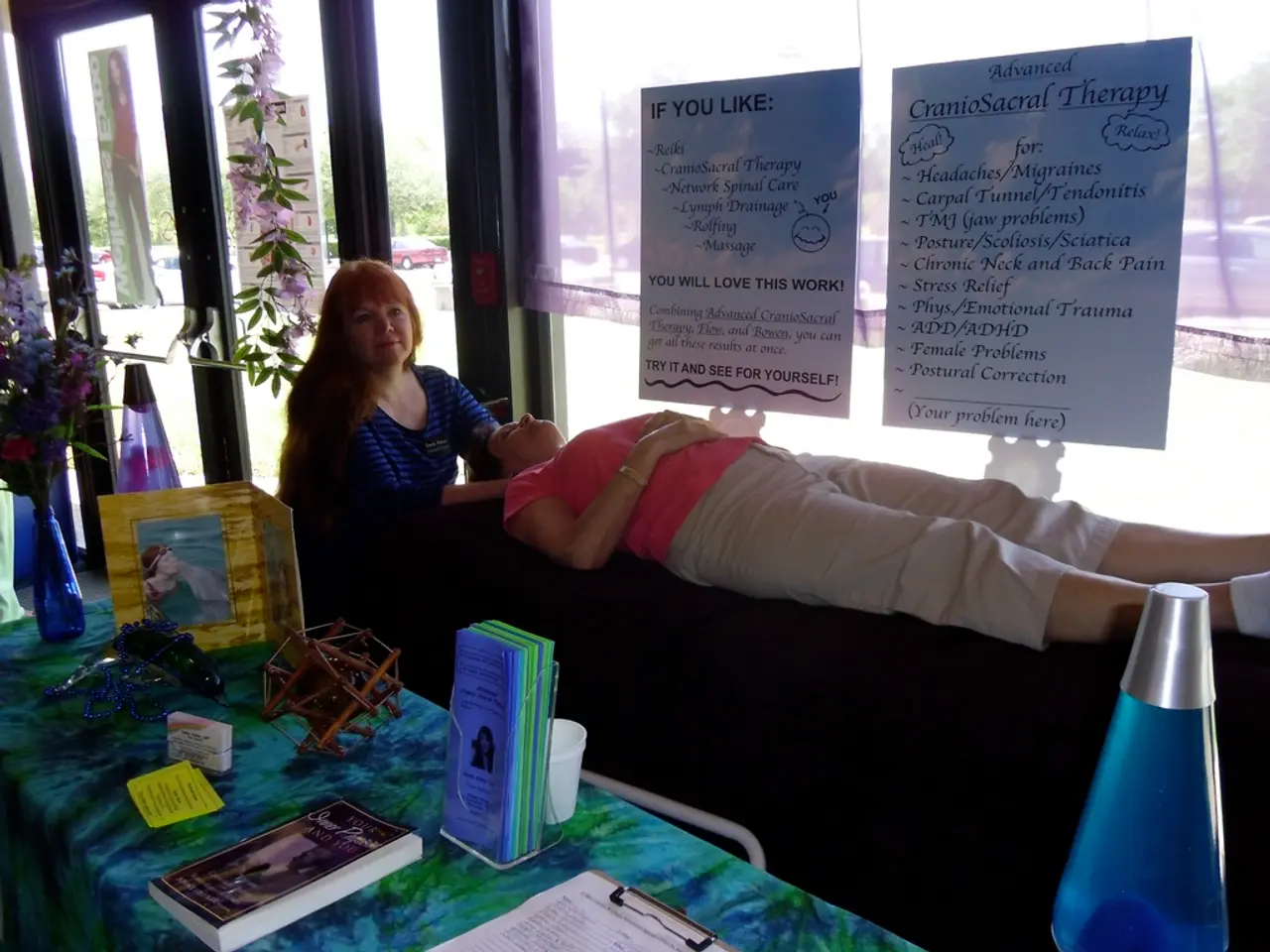Dementia patients often follow their caregivers due to disorientation and a need for familiarity and safety.
Dementia can cause individuals to shadow their caregivers, seeking safety and reassurance in familiar faces. This behaviour is often a result of fear, confusion, anxiety, and a need for security[1].
Caregivers can employ several strategies to manage and cope with shadowing:
- Establish Predictable Daily Routines: Consistent schedules for meals, activities, and rest create a sense of stability and familiarity, reducing anxiety for the person with dementia[1].
- Offer Gentle Distractions: Redirecting attention to calming or meaningful activities, such as sorting laundry or looking through photo albums, can help break the cycle of anxiety that triggers shadowing[1].
- Create a Calm Environment: Minimising noise and visual confusion can reduce triggers of anxiety and agitation that can lead to shadowing[3].
- Allow for Respite and Ask for Help: Since caregiving is demanding, caregivers should take breaks using respite care services to avoid burnout and maintain their own well-being[5].
By implementing these approaches, caregivers can reduce the emotional distress behind shadowing and support both the person with dementia and themselves.
People with dementia may also find purpose in activities like cleaning, folding clothes, or knitting. These tasks can help keep them occupied and boost their self-esteem[2].
Remember, even when a person with dementia makes mistakes or forgets things, it's important to praise them to boost their self-esteem[4]. Reassurance is essential in addressing the fear of abandonment in people with dementia.
We invite our readers to share their thoughts, experiences, and unique moments during their caregiving journey in the comments section below. Understanding and supporting each other is key in navigating this challenging journey.
[1] Alzheimer's Society. (2021). Understanding behaviour in dementia. https://www.alzheimers.org.uk/about-dementia/symptoms-and-diagnosis/behaviour-in-dementia [2] Alzheimer's Society. (2021). Activities for people with dementia. https://www.alzheimers.org.uk/about-dementia/living-with-dementia/activities-and-hobbies [3] Alzheimer's Society. (2021). Creating a dementia-friendly home. https://www.alzheimers.org.uk/about-dementia/living-with-dementia/at-home [4] Alzheimer's Society. (2021). Communication in dementia. https://www.alzheimers.org.uk/about-dementia/symptoms-and-diagnosis/communication [5] Alzheimer's Society. (2021). Caring for someone with dementia. https://www.alzheimers.org.uk/about-dementia/living-with-dementia/caring-for-someone-with-dementia




